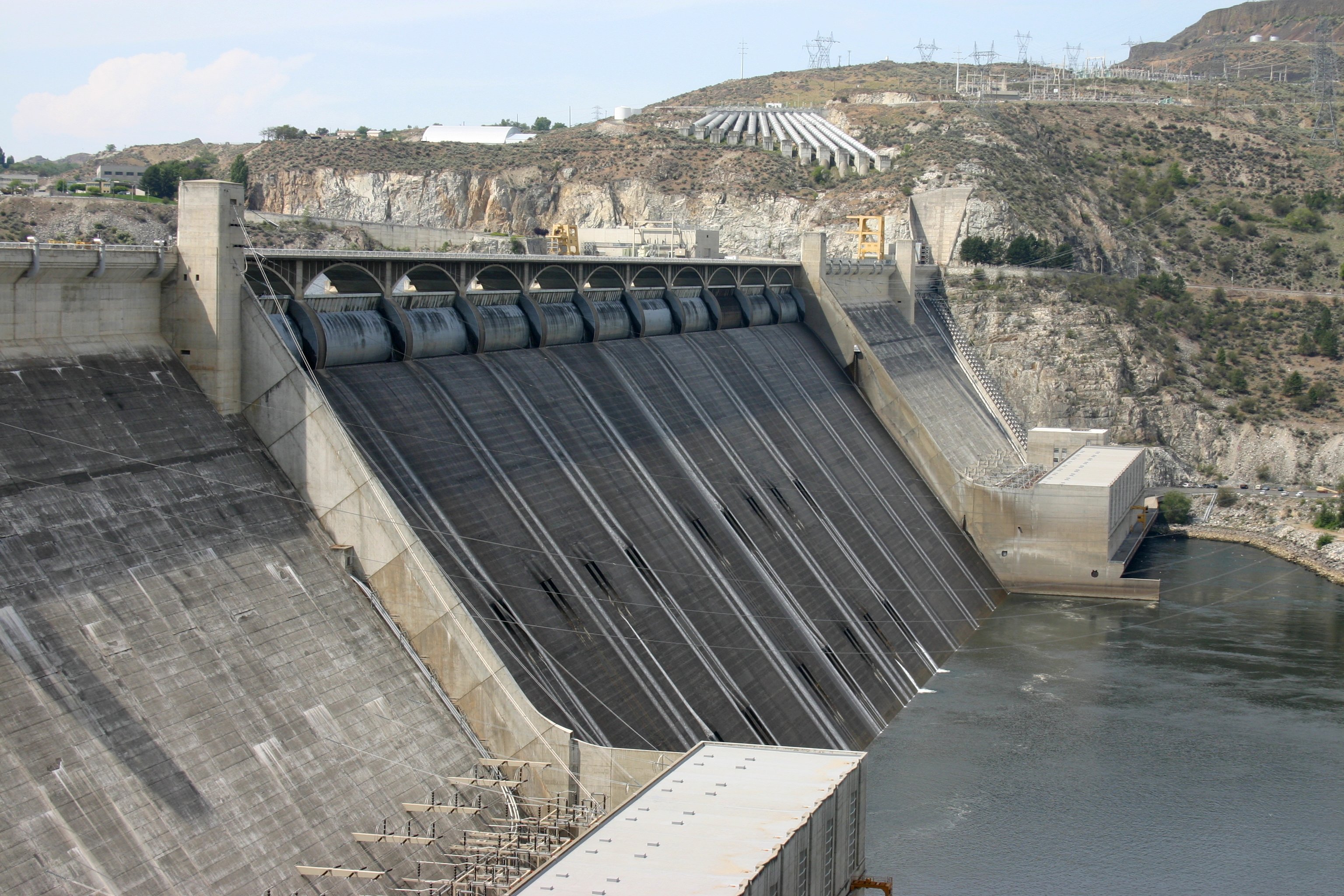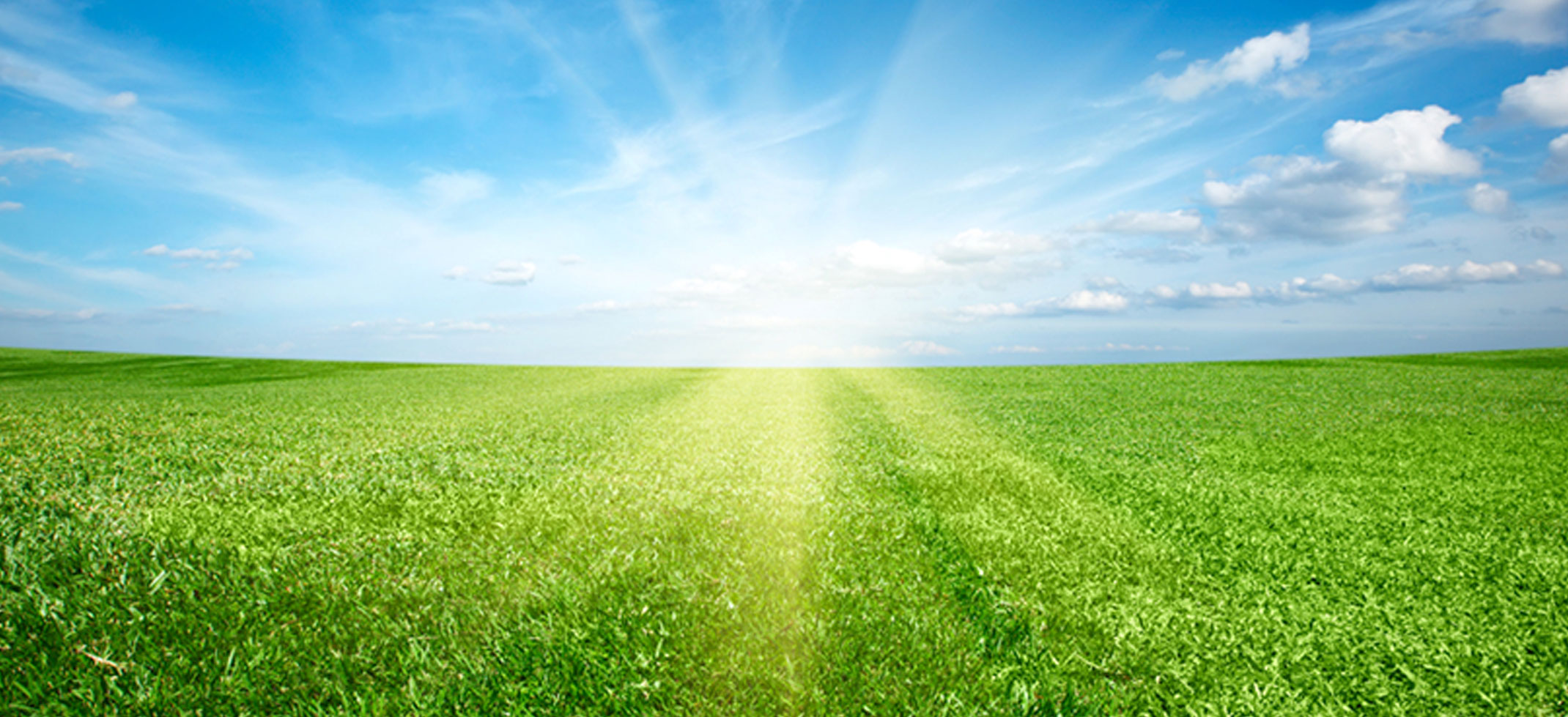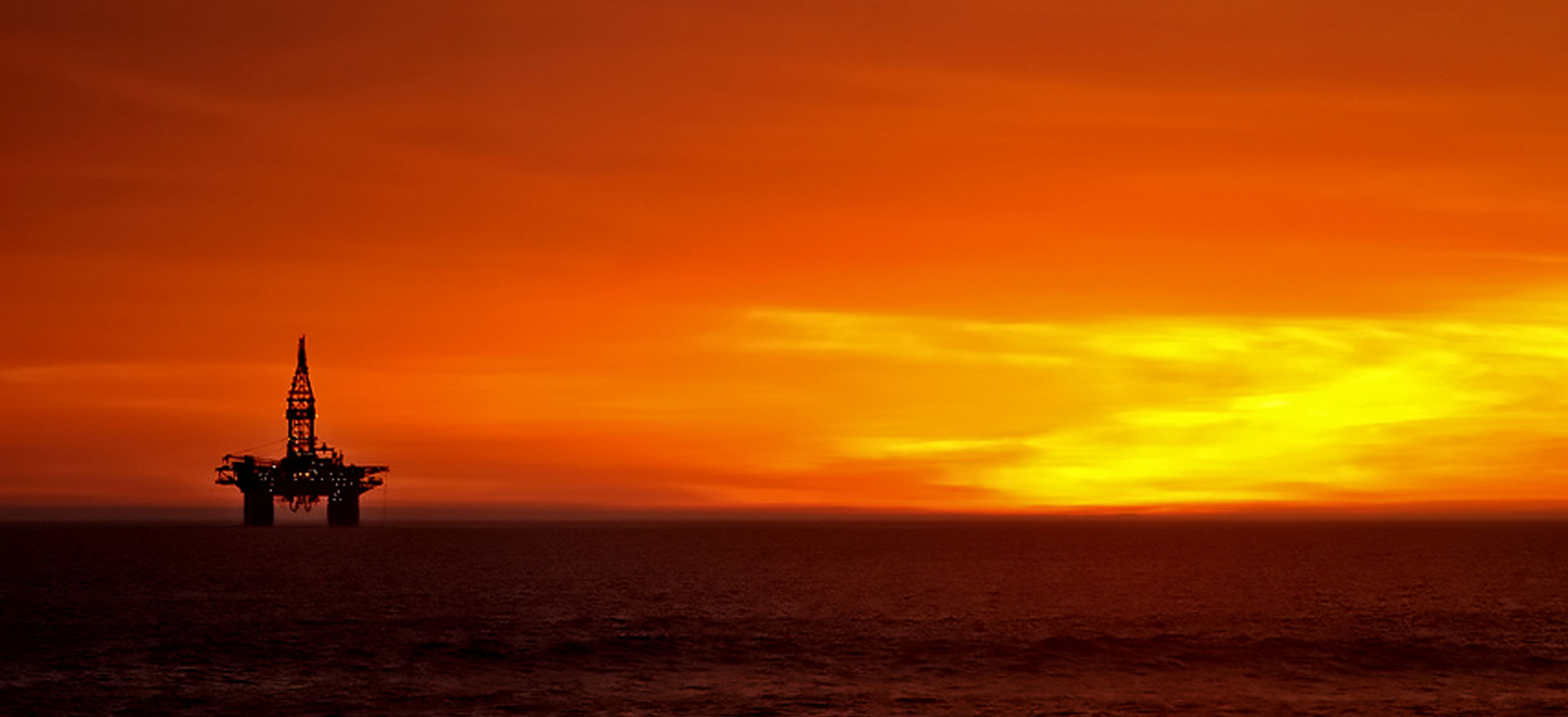The great energy challenge
When we talk about energy, there are two things we know without doubt. Number one: energy is at the heart of our quality of life and a crucial factor for economic competitiveness and employment.

When we talk about energy, there are two things we know without doubt. Number one: energy is at the heart of our quality of life and a crucial factor for economic competitiveness and employment.

The new tariff regulations are having a favourable impact on the investments due to be made in the water sector over the next few years.

The EU-funded BRICKER project is aiming to show how public buildings such as universities, hospitals and administrative centres can cut their energy consumption in half.

There is approximately 60 billion barrels of offshore hydrocarbons, most of which remain unexplored or under-explored in the East Mediterranean region

Energy Ministers from the EU, North Africa and the East Mediterranean, high officials, industry representatives and key stakeholders in the energy sector…

Energy storage is not a new concept in itself. It has been an integral component of electricity generation, transmission and distribution systems for well over a century.

… increased energy security through a significant reduction of natural gas imports and a positive impact on the environment: these are some of the expected benefits of the energy efficiency target for 2030.

A city can be defined as ‘smart’ when investments in human and social capital and traditional (transport) and modern (ICT) communication infrastructure fuel…

Regasification is a process of converting liquefied natural gas (LNG) at −162 °C (−260 °F) temperature back to natural gas at atmospheric temperature.

The aim of ErP Directive 2009/125/EC is to lower the energy consumption of these products by means of environmentally friendly design (“Eco design“).